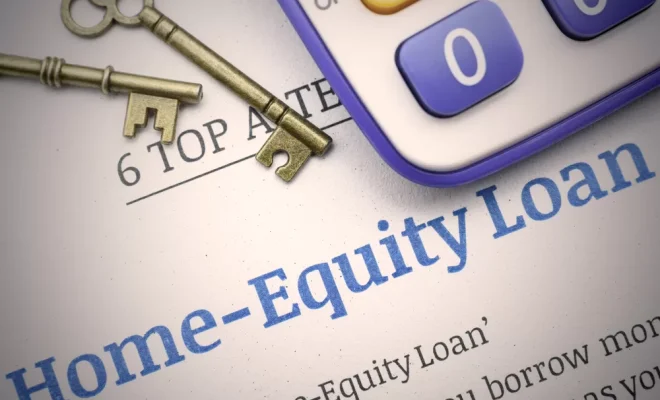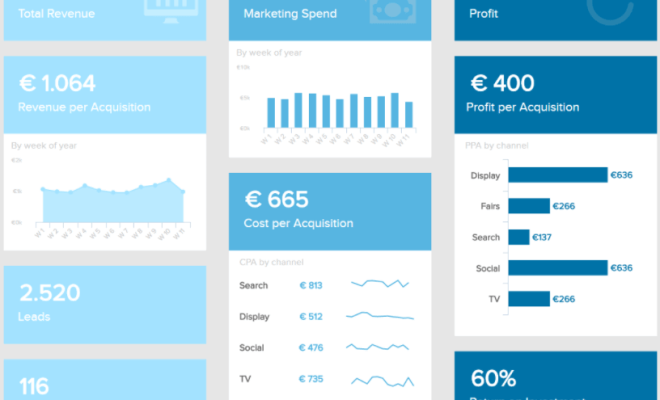Best Home Equity Loan Rates: A Comprehensive Guide

Introduction
Home equity loans are an excellent financial tool that allows homeowners to tap into the value of their homes. By taking a loan against the value of your home’s current market value, you can access funds at a lower interest rate than most personal loans and credit cards. As a result, home equity loans are often used for debt consolidation, home renovations, or other major expenses. This article will discuss the best home equity loan rates and provide tips for finding the right lender.
Understanding Home Equity Loan Rates
Home equity loan rates are typically lower than other loan types because they are secured by your home’s value. Lenders see these loans as less risky since, if you default on the loan, they can recoup their losses by selling your property. However, it’s essential to understand that if you cannot repay the loan, you risk losing your home.
The interest rate you receive for a home equity loan depends on several factors, including:
1. Credit Score: A higher credit score can lead to a lower interest rate as it demonstrates a good repayment history and low risk of default. If your credit score is below average, lenders may charge a higher interest rate.
2. Loan-To-Value (LTV) Ratio: The LTV ratio is calculated by dividing the outstanding mortgage balance by the market value of your property. A lower LTV ratio suggests lower risk for lenders, which can result in a more favorable interest rate.
3. Your Income and Debt: Your income and existing debt obligations play a role in determining your eligibility for favorable interest rates. Lenders may consider applicants with stable incomes
and low debt-to-income ratios less risky.
Finding The Best Home Equity Loan Rates
1. Shop around: Consult multiple lenders to gauge their offers and find the best rates available. Don’t be afraid to negotiate with lenders—sometimes they may adjust their rates to win your business.
2. Fixed vs. Variable Rates: Home equity loans can come with fixed or variable interest rates. Fixed rates remain unchanged throughout the loan term, while variable rates can fluctuate depending on market conditions. Assess your financial situation and goals to determine which option suits you best.
3. Read the Fine Print: Carefully read the loan terms and fees before committing. Some lenders may include extra fees or pre-payment penalties that you need to be aware of.
4. Watch Out for Scams: Beware of deals that seem too good to be true. Some scammers may take advantage of borrowers by offering exceptionally low rates, only to leave them in worse financial situations later on.
Conclusion
Finding the best home equity loan rates requires research, patience, and a solid understanding of your financial situation. By comparing multiple offers from different lenders, understanding key factors like fixed vs. variable rates, and reading fine print, you can find a home equity loan that meets your needs at a competitive rate. Remember always to consider your current financial situation and goals before committing to any loan and seek professional advice if needed.






